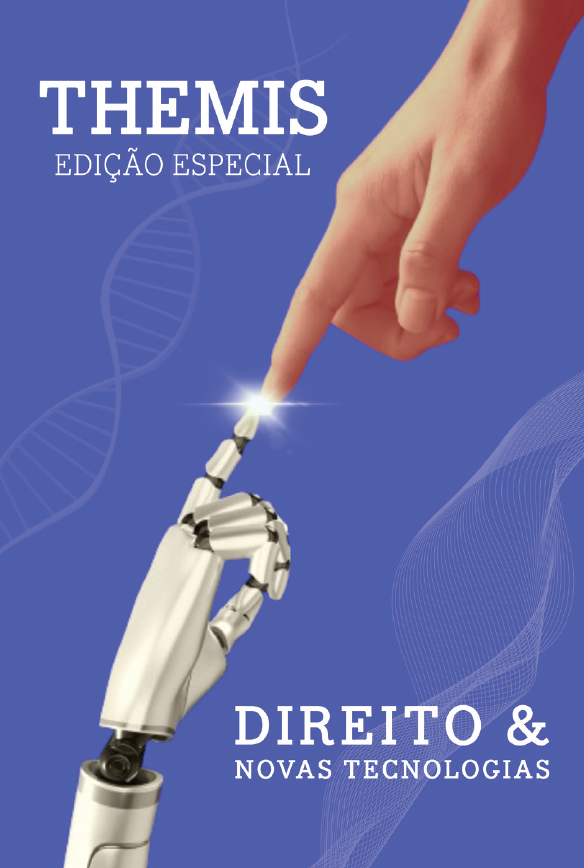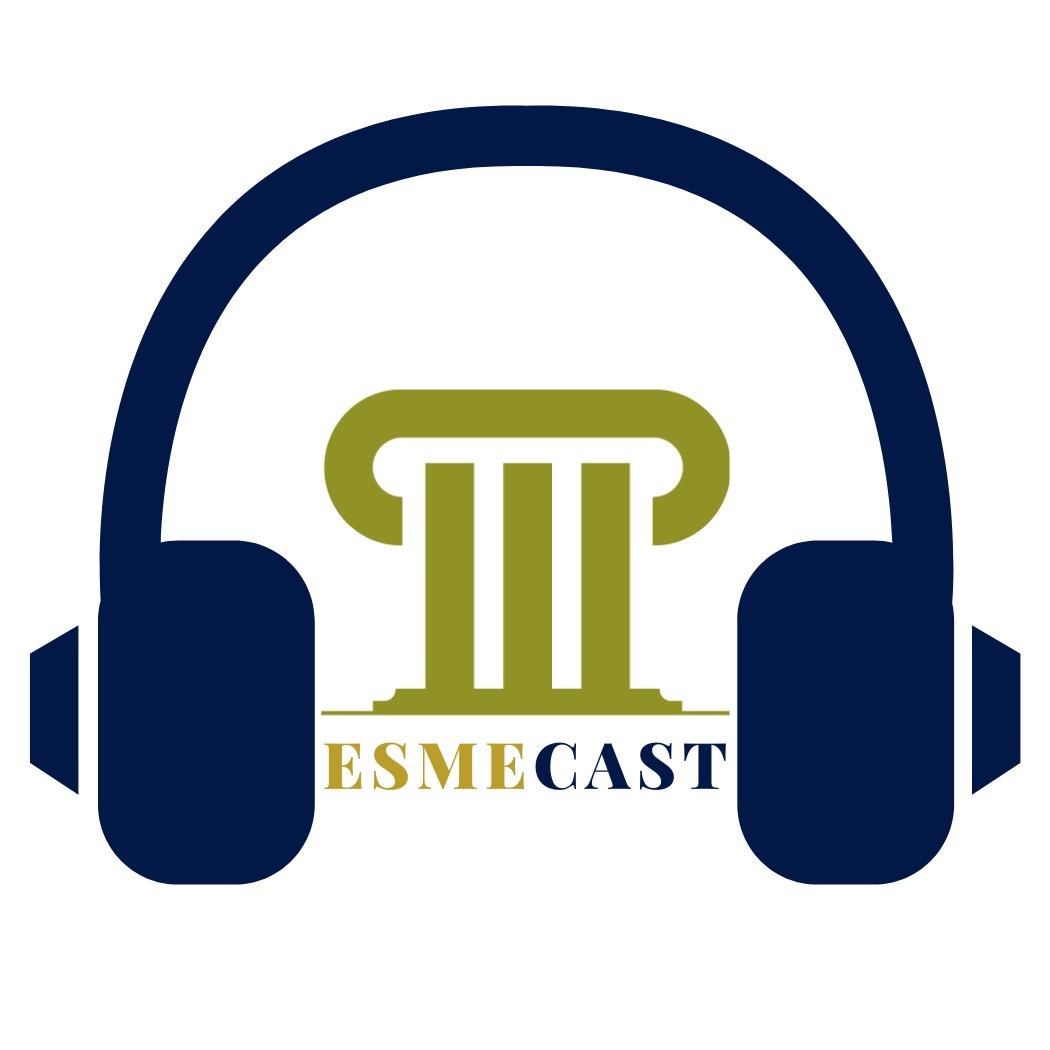Generative Artificial Intelligence in the Judiciary:
training and impact of legal writing whit ChatGPT in the 5th Region
DOI:
https://doi.org/10.56256/themis.v23i1.1108Keywords:
Treinamento e Aperfeiçoamento de Juízes, Pedagogia, Atividade Jurisdicional, Inteligência Artificial Generativa, ChatGPTAbstract
The course "Legal Writing with ChatGPT: Theory and Practice" was designed to train judges to use artificial intelligence (AI) in their legal writing practice through ChatGPT, aiming to enhance the effectiveness and persuasiveness of their texts. One year after the course, an evaluation was conducted to analyze the impact of Generative AI on the judicial activities of judges in the 5th Region. The objective was to assess how the course influenced the efficiency and quality of legal document production. The study uses a mixed-methods approach, both qualitative and quantitative, including data collection via the Teams Platform, with questions about institutional affiliation, the use of ChatGPT, and its impact on judicial activities. The research is exploratory and descriptive in its objectives and strictly analytical in nature. The data showed that 71.42% of participants noticed a reduction in writing time, and 81.48% observed improvements in document quality. Generative AI was predominantly used for text revision and decision structuring. Despite significant use of the tool, only 30% of judges' work teams utilized it. Suggestions for improvement included practical integration of AI into the work environment, enhancements in educational materials, and new courses on AI innovations. In conclusion, Generative AI proved effective in optimizing time and improving the quality of legal texts, with potential for positively impacting judicial productivity.
Downloads
Published
How to Cite
Issue
Section
License
Copyright (c) 2025 José Eduardo de Melo Vilar Filho, George Marmelstein, Carlos Eduardo Ferreira Aguiar

This work is licensed under a Creative Commons Attribution-NonCommercial 4.0 International License.
- Todos os artigos são publicados sob a licença Creative Commons - Atribuição Não Comercial (CC BY-NC), permitindo que terceiros copiem, distribuam e adaptem o conteúdo, desde que seja dada a devida atribuição ao autor e à revista.
- No caso da licença CC BY-NC, o uso comercial dos artigos não é permitido.
















